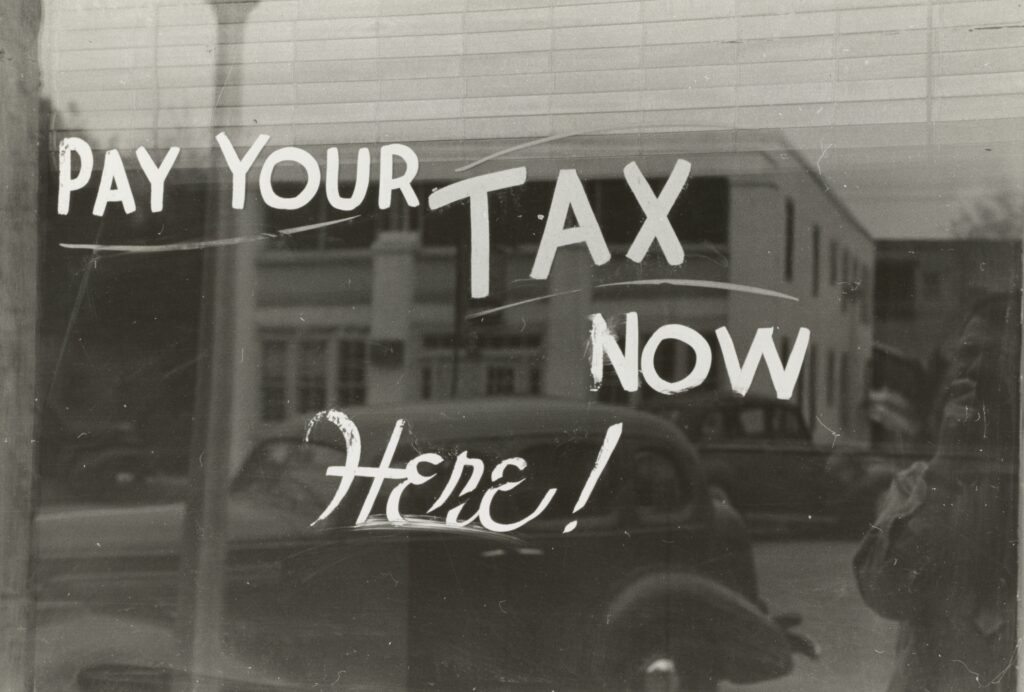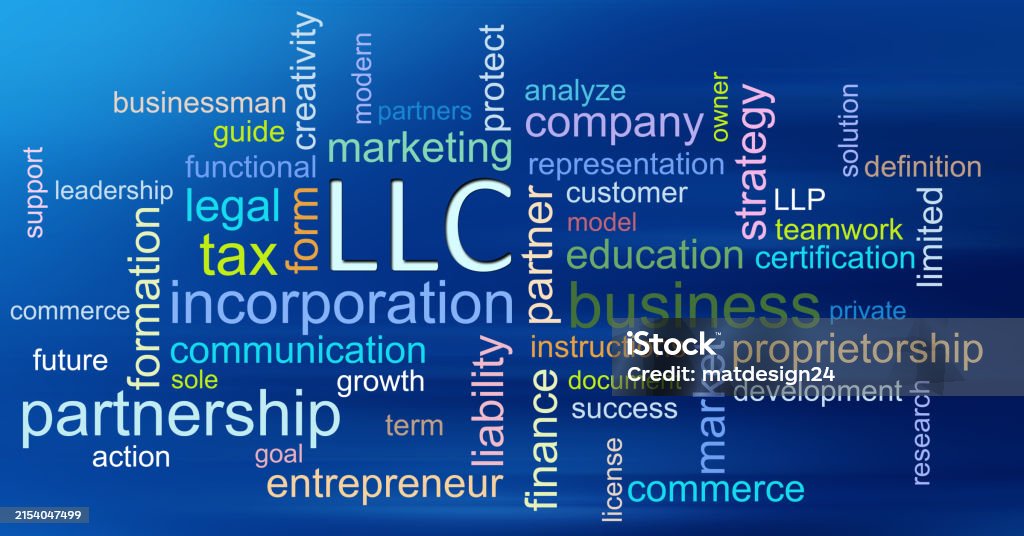Every registered business doing business in Botswana is required to file a tax return. It allows companies to reconcile the amount of tax paid with the real responsibility and guarantees adherence to the Botswana Unified Revenue Service (BURS). A business must submit its tariff return by the deadlines, regardless of its profitability. Financial statements must be prepared, the relevant tax forms must be filled out, and the financial statements and any supporting documentation must be submitted. The essential procedures that businesses must adhere to in order to effectively apply for and submit their tax return in Botswana are described in this guide.

Recognizing your company’s tax duties
Botswana-registered businesses must pay corporate income tariff on their earnings. Depending on the size and kind of company, various rates may be applicable, although the usual corporation tax rate is 22%. Companies in the International Financial Services Center (IFSC) and manufacturing, for instance, can profit from lower rates. Unless specifically authorized by BURS, tariff is levied on income received throughout a fiscal year, which normally lasts from July 1 to June 30. A Tax Identification Number (TIN), which is used for all tax-related activities, must be obtained by each business when registering for taxes with BURS.
Financial statement preparation
A business must prepare its financial statements for the applicable tax year before filing a tariff return. These consist of the cash flow statement, balance sheet, income statement, and account notes. A truthful and fair picture of the company’s financial performance must be reflected in the financial statements, which must be produced in compliance with International Financial Reporting Standards (IFRS). To guarantee accuracy and compliance, medium-sized to big businesses should consider having their financial accounts audited by a professional auditor.
Filling out the tax return document
The ITA22 (corporate Income Tax Return) is the primary form used in Botswana for filing corporate tax returns. The company’s income, deductions, allowances, and tariff credits must all be accurately reported on this form. Information on directors, stockholders, and corporate operations is also necessary. An authorized individual inside the organization, such as a director or accountant, must sign the declaration part of the form. Even if the firm has lost money or has not done any business throughout the year, the tax return still has to be filed.
Deadlines and extensions for filing
In Botswana, corporation tax returns must be filed no later than four months after the conclusion of the business’s fiscal year. The deadline is October 31st for the majority of businesses whose fiscal year ended on June 30th. By sending a written request to BURS before to the first deadline, one may seek an extension of the filing deadline. The suggested revised filing date and justifications for the delay must be included in the request. BURS may offer an extension if it is accepted; nevertheless, the firm will still be subject to penalties and interest for late payments.
Using BURS eServices for online submission
Businesses may now electronically submit their tariff returns thanks to a platform that BURS has established. The business must establish an account and register with BURS eServices in order to access this service. The business may access the tax return form after logging in, add supporting files such financial statements, and electronically file the return. Additionally, the portal enables businesses to get official letters from BURS and monitor the progress of their proposal. Because it expedites processing and minimizes paperwork, online filing is recommended.
Tax and assessment payments
Based on the information submitted, BURS will determine the tax due upon the submission of the return. To avoid fines and interest, the business must pay any excess taxes owed as soon as possible. There are a number of ways to pay taxes, including electronic transfers and commercial banks. The business can qualify for a tax refund if it paid taxes throughout the year. The business must specify this on the tax return and provide the required bank information in order to get a refund. After confirming the claim, BURS will handle the reimbursement; however this might take a few weeks.
Preserving documentation and adherence
For a minimum of seven years, businesses must maintain accurate financial records and tax-related paperwork. The documents must be readily available for BURS in the event of an audit or review. In addition, following tariff regulations not only ensures that fines are avoided, but also keeps the business in good standing with the regulators. Good professional practice is to stay abreast of tax changes, which allows for proper tax planning and cash flows, and means consulting regularly with a tax advisor or accountant.
You may also find these articles helpful
Guide on company registration in Botswana
Types of legal business structures in Botswana




